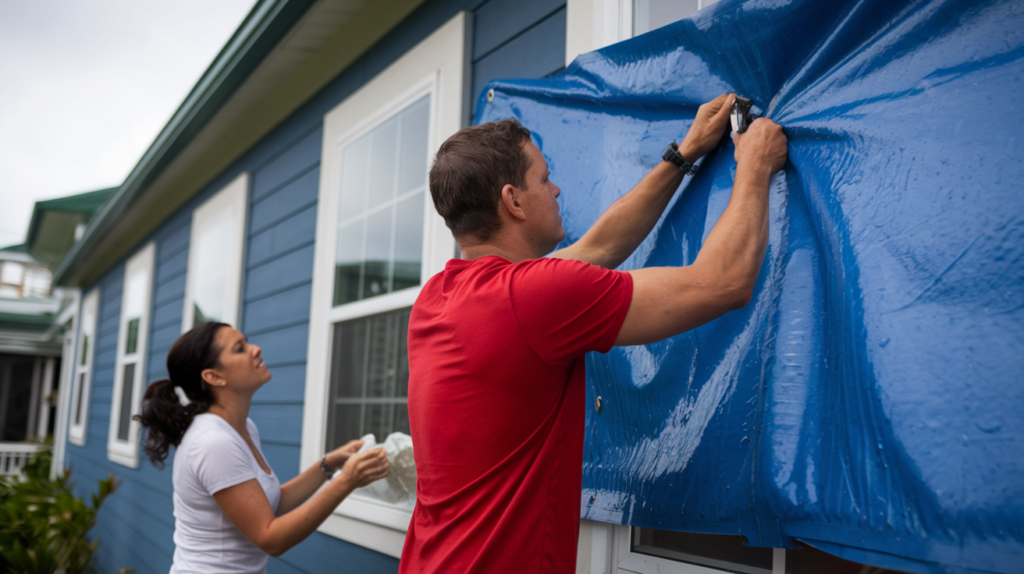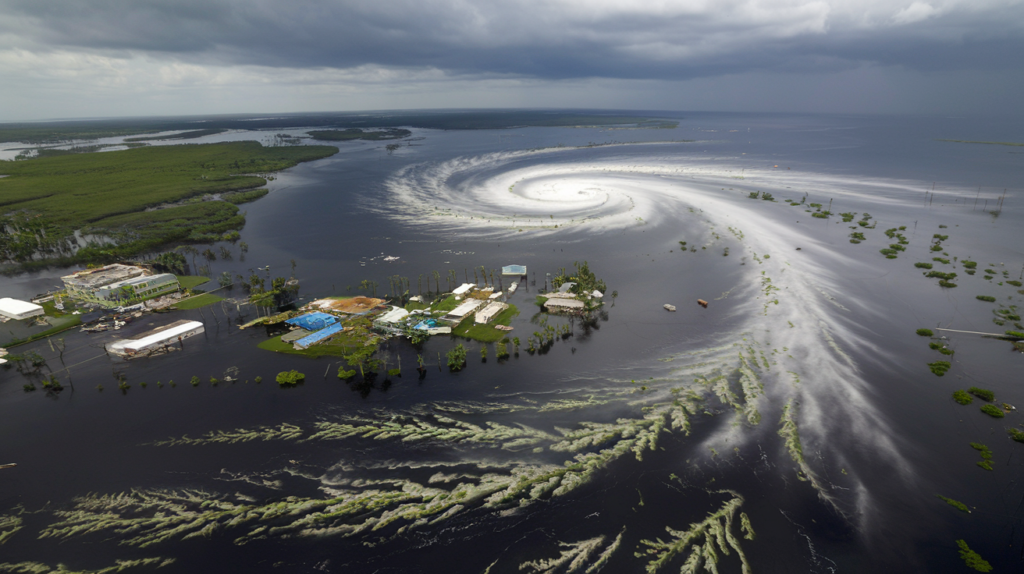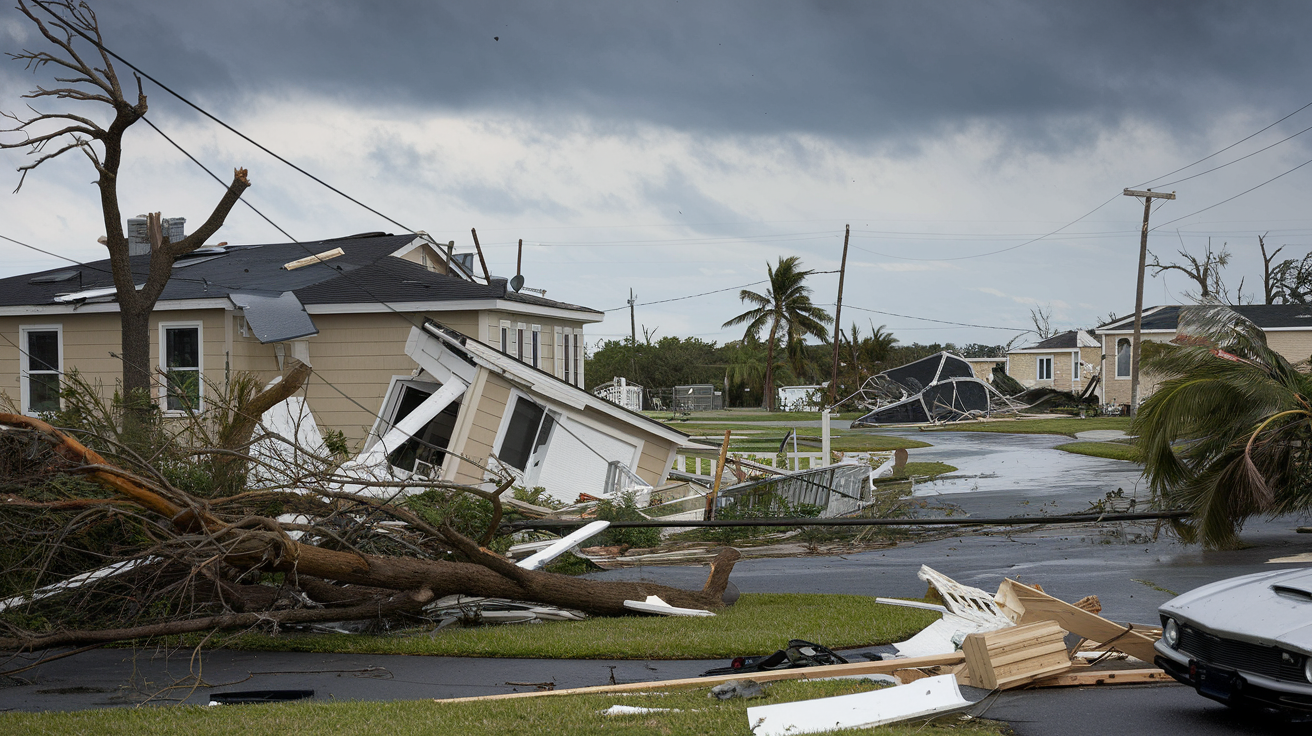How Do I Protect Myself from a Hurricane? Essential Tips and Strategies
How do I protect myself from a hurricane? This is a question many people ask, especially in hurricane-prone areas. Hurricanes can be devastating, as seen with the hurricane that hit Florida in 2023. Understanding how to prepare for these storms is crucial for ensuring safety and minimizing damage. In this article, we will explore various strategies to protect yourself from hurricanes, including preparation, safety measures, and recovery tips.
Table of Contents
Understanding Hurricanes
What is a Hurricane?
To protect yourself effectively, it’s essential to understand what a hurricane is. A hurricane is a powerful tropical storm characterized by strong winds, heavy rain, and low pressure. They form over warm ocean waters and can bring catastrophic effects to coastal communities.
The Impact of Hurricanes
The impacts of hurricanes can be severe, leading to loss of life and extensive property damage. Understanding the potential effects of hurricanes is key to answering how do I protect myself from a hurricane? The effects include:
- Wind Damage: High winds can uproot trees, cause structural damage, and lead to power outages.
- Flooding: Storm surges and heavy rainfall can cause severe flooding, particularly in low-lying areas.
- Debris Hazards: Objects picked up by hurricane winds can become dangerous projectiles.
Preparation: How Do I Protect Myself from a Hurricane?

Create an Emergency Kit
One of the first steps in preparing for a hurricane is creating an emergency kit. This kit should contain essential items to help you during the storm. Here are crucial items to include:
- Non-perishable food: Items like canned goods, energy bars, and dried fruits are vital.
- Water supply: Ensure you have at least one gallon of water per person per day for at least three days.
- Medications: Keep a supply of necessary prescription medications.
- First aid supplies: Include bandages, antiseptic wipes, and other medical necessities.
- Flashlights and batteries: To stay safe and illuminated during power outages.
- Portable phone charger: Stay connected during emergencies.
Develop an Evacuation Plan
Knowing how do I protect myself from a hurricane includes having a well-thought-out evacuation plan. Identify safe routes away from your home and designate a safe location, such as a friend’s house or a designated shelter. Keep an eye on local evacuation orders and have a plan for your pets, as many shelters do not accept animals.
Secure Your Home
Before a hurricane approaches, take measures to secure your home. Here are some effective strategies to protect your property:
- Board up windows: Use plywood to cover windows and doors to prevent shattering.
- Trim trees: Cut down dead branches that could fall on your home during high winds.
- Secure outdoor items: Bring in or tie down furniture, grills, and decorations to prevent them from becoming projectiles.
- Check your insurance: Ensure that your home insurance covers hurricane damage.
Monitoring Hurricane Activity
Stay Informed
One crucial aspect of how do I protect myself from a hurricane is staying informed about hurricane activity. Reliable sources, such as the National Hurricane Center and local news outlets, provide vital updates on storm developments. Sign up for alerts on your smartphone to receive timely notifications about severe weather.
Understanding the Saffir-Simpson Scale
The Saffir-Simpson Scale categorizes hurricanes from 1 to 5 based on their sustained wind speeds. Understanding this scale can help you assess the potential danger of an approaching storm:
- Category 1: Winds of 74-95 mph – Minimal damage.
- Category 2: Winds of 96-110 mph – Moderate damage.
- Category 3: Winds of 111-129 mph – Extensive damage.
- Category 4: Winds of 130-156 mph – Catastrophic damage.
- Category 5: Winds of 157 mph and higher – Total destruction.
Knowing the category of an approaching hurricane can guide your preparation efforts.
During the Hurricane
Safety Precautions
When a hurricane is imminent, prioritize your safety. Here are some essential tips:
- Stay indoors: Remain inside your home, away from windows and doors.
- Use a battery-powered radio: Stay updated on weather conditions and emergency instructions.
- Avoid using candles: Instead, use flashlights to prevent fire hazards.
What to Do if You’re Trapped
If you become trapped during a hurricane, stay calm. If you are in a flooded area, seek higher ground and avoid contact with water, as it may contain debris or hazardous materials.
After the Hurricane

Assessing Damage
Once the storm has passed, assess the damage to your property. Document everything with photographs for insurance purposes and report any damage to your insurance provider promptly.
Stay Cautious
Even after a hurricane, hazards may still exist, such as downed power lines, flooding, and structural damage. Avoid going outside until authorities declare it safe.
Resources for Recovery
After a hurricane, various resources can assist you in recovery. The Federal Emergency Management Agency (FEMA) provides help for those affected by natural disasters. Local organizations may offer support services for food, shelter, and financial aid.
Conclusion
In conclusion, knowing how do I protect myself from a hurricane is essential for ensuring safety during these powerful storms. By preparing adequately, staying informed, and taking appropriate safety measures, you can significantly reduce the risks associated with hurricanes. The lessons learned from the hurricane that hit Florida highlight the importance of being proactive in your preparations. Make sure to follow these guidelines to keep yourself and your loved ones safe during hurricane season.
There are no reviews yet. Be the first one to write one.







